“A successful transaction between a buyer and a seller is not the destination. It’s a stop along the buyer’s journey.”
When a service-based business pitches a product or service to a customer, should they also be selling the relationship?
I believe the relationship is the value, particularly for essential home service businesses, where everyone sells the same thing as far as the buyer is concerned.
Given the cost of clicks, I definitely want to transform as many first-time buyers into long-term customers. Sometimes that means earning their trust with a small (unprofitable) sale to get the chance to win their future business.
And that is precisely why Relational Marketing is daunting to so many business owners. The scary reality? They don’t genuinely believe in their solution.
Bad customers? Bad employees? Nope. They run a weak business more interested in profit than service. They fail to see that real value shows up when you prioritize the relationship, protecting the future opportunity, sometimes at the cost of profitability today.
The only way you’ll ever have people (customers and employees) choose you, trust you, heck, even defend you, is to show up and be there for them too.
What is Relational Marketing?
Relational marketing is a marketing strategy focused on repeat buyers. Relational marketing focuses on three main things:
- Having as many people as they can afford to reach consistently with a message that has them feel as though they know, like, and trust the brand prior to them making a purchase.
- Delivering a buying experience that not only satisfies the buyer, but exceeds their expectations with strategic moments of delight.
- Nurturing the ongoing relationship by being useful, friendly, grateful, and trustworthy. That means avoiding making every interaction into a sales pitch.
Focusing on long-term customer loyalty is integral to the success of any business that relies on the same client buying more than once, particularly relevant to essential home service companies like HVAC, plumbing, and electrical contractors.
These companies want a steady stream of repeat customers to thrive in this highly competitive industry. Otherwise, keeping your business operational and your bottom line in good health is a real grind.
So how do you develop and maintain a loyal client base that chooses you amidst your ocean of competitors in the Sea of Sameness? For that, we have to do it like they do it on the Discovery Channel.
Contractors that get relational marketing not only attract great customers, they will hold their attention and have them engaging in repeat purchases.
How monkey love makes for good marketing
Desmond Morris was a scientist. He studied animals. Are you surprised what he learned about monkey love taught us an invaluable lesson about marketing?
Called “The 12 Stages of Intimacy,” Morris explored the natural progression of romantic relationships, noting that skipping steps may result in short term transactions, but rarely worked out in the long run.
Here are the 12 Stages of Intimacy as defined in Morris’s research:
- Eye to Body: (think, getting attention)
The initial notice of someone, recognizing their presence and perhaps their attractiveness. - Eye to Eye: (think, look at your ad)
A more direct connection, a lingering glance that establishes a sense of awareness and interest. - Voice to Voice: (think, reading or listening to your ad)
The first verbal interaction, building a connection through conversation. - Hand to Hand: (think, window shopping or visiting your website/page)
A physical touch, often a handshake or holding hands, signifying a budding trust and connection. - Arm to Shoulder: (think, calling, visiting, or booking an appointment)
A closer physical embrace, like a side hug, indicating a deeper level of comfort and familiarity. - Arm to Waist: (think, trying things on, receiving the appointment)
A more intimate hug or closeness, suggesting a stronger desire to be near the other person. - Mouth to Mouth: (think, going on a test drive or getting a tune up)
The first kiss, a significant milestone in the progression of intimacy. - Hand to Head: (think, they’ve made the decision to purchase)
A subtle, but deepening touch, often seen during a kiss, like holding the face or hair, signifying emotional closeness. - Hand to Body: (think, buying decisions are being made)
Touching the body above the waist, signifying the beginning of foreplay or a more intimate goodbye. - Mouth to Breast: (think, papers are being signed)
A level of intimacy that requires great trust and consent, signifying a deeper level of physical and emotional connection. - Touching Below the Waist: (think, paperwork is being finalized)
A further step into intimacy, often involving a more explicit touching or caressing. - Intercourse: (think, sale is made)
The final stage of physical intimacy, signifying a deep and committed relationship.
Not surprisingly, the same rules for intimacy hold true in sales. At all stages of the sale, especially those involving intimate commitment, should be consensual.
The pace and specific expressions of a sale vary greatly from person to person. Go too quick, and you may not get a second chance, let alone second base.
The "12 stages" are a general framework and don’t apply to all types of relationships, particularly those of a more transactional nature. Healthy relationships are built on trust, open communication, and respect, not just on the progression of intimacy (or the sale).
Noticing how what we know intuitively to be true about lasting relationships is equally important in sales?
According to Finances Online, the cost of acquiring new customers is five times the cost of retaining existing ones. They also added that increasing customer retention by five percent doubles the revenue (no, this is not a typo) of a business. To many companies, doubling their revenue and significantly trimming acquisition cost is enough to keep your business in the black.
Without a doubt, transactions transpire in your business. Generally, two types of transactions occur in the residential home service industry: relational exchange and discrete transactions.
Discrete Transactions
Discrete transactions are the simplest form of transactions. Three things characterize discrete transactions:
- A distinct beginning — You have full awareness when the point of contact begins.
- Short duration — They normally begin with the initial contact and end once the sale is complete.
- Sharp ending — There is no longer any form of contact after the sale.
As you can imagine, discrete transactions are counterintuitive to relational marketing on the whole. Relational marketing is all about bonding, nurturing and ongoing communication beyond the discrete transactions. It’s expected to have multiple discrete transactions over the duration of your time together as buyer and seller.
Your goal is to repeat doing business with people you successfully served in the past. This is where the second form of transaction comes in.
Relational Exchange
Relational exchange is the opposite of discrete transactions. Like the former, you can define a relational exchange based on three characteristics:
- Consists of past engagements — Customers have a vast experience of engagements with your business through your various touchpoints.
- Longer duration — All forms of transactions end eventually, but relational exchanges last indefinitely compared to discrete transactions.
- Ongoing process — No sharp ending completely halts the business and the customers.
Relational exchanges should also be non-monetary transactions that help you maintain and nurture the relationship. You don’t want to come across as self-serving and greedy every time you connect with the client. Sometimes you just need some boning moments to retain the connection.
Apple and Coca-Cola continue to spend 7% of their revenue in marketing their business to retain the clients they already have. You would think gaining new clients for companies their size is nearly impossible, so why do you think it’s so important they continue investing in relational marketing?
Several key elements of relational marketing are particularly important to ensure relational exchange transactions. These include things like:
- Reaffirming purchase decisions and the choice to use their company
- Providing products and services that live up to (and beyond) perceived expectations
- Delivering customer-centric customer service consistently
- Communicating with customers beyond the expectation of a transaction, but without imposing yourself upon them with a relationship.
Unlike roofing, for example, essential home services like HVAC, plumbing, and electrical have an ongoing need and expectation of maintenance and warranties. The transaction doesn’t end with installing a new heating unit, as an example. You want to be their go-to for maintenance, repairs, and future considerations.
You also want your happy customers to refer you to their loved ones to skip the expensive clicks altogether. Showing up in a relational manner affords you this opportunity to be their first choice. Just don’t break their trust, let them down, or get too handsie.
If you’re looking for an expert strategist to help you adopt a relational marketing strategy, look no further. Wizard Ryan Chute at Wizard of Ads® can help you craft the perfect strategy that earns long-term business for your brand.
When is Relational Marketing Important?
A relational marketing strategy is valuable to any essential service-based company, particularly when you care about and rely on the lifetime value (LTV) of a client beyond a single exchange.
Business-to-Consumer (B2C)
Essential Home Services are not defined by the products they sell as much as how they make the buyer feel from the service experience. Rendering your services has the effect of making a person cared for and left wanting more.
This is true of many different service-based companies, but as the stakes rise, so does the impression you leave.
Your empathy puts customers at ease. Your competence fills them with confidence that you are the right choice. When you leverage relational marketing principles, customers will feel better about hiring you. People work with people that they trust.
Does this include all home service businesses? Technically yes, but often the Contractors with extremely long buying cycles tend to focus their efforts on the today customer. Roofers and siding contractors, for example, tend to fall into this category.
Business-to-Business (B2B)
Essential home service contractors rely heavily on vendors and suppliers — marketing agencies, supply houses, and even manufacturers. Relational marketing applies to stakeholders that support your business operations, too.
Like my favourite movie, Soylent Green, the businesses that support you are made of people.
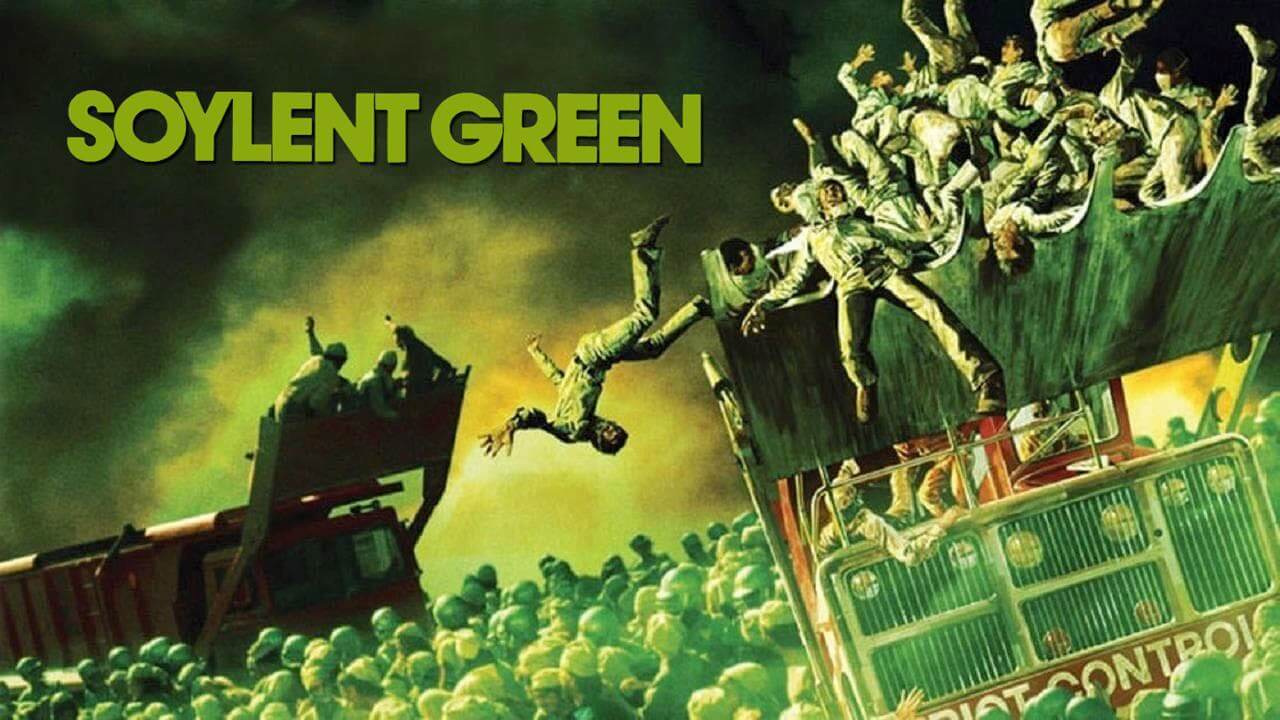
The Secret Ingredient of Relational Marketing
Relational marketing does end at the advertising. In fact, the number one most potent ingredient in relational marketing occurs when you’ve already done everything you’ve promised to do.
Doing a good job on a service call is not enough to get loyalty among customers. 100% satisfaction is the uninspiring minimum standard.
You create customer loyalty when you do everything they expected…then a little bit more. Activating oxytocin (the bonding, loyalty, love molecule) can be built into your operation strategically.
The best word of mouth advertising (WOMA) is the word of mouth you didn’t coerce, bribe, or cajole. Merely satisfied customers don’t refer you. You just don’t matter enough.
However, when you do something that makes them want to refer you, you’ll be surprised who shows up on your doorstep. This is the delight factor.
Delight is the single most powerful ingredient in relational marketing. Before, during, and after the sale. There is no bad time to go above and beyond the expected. To surprise them with something you never promised to close the sale.
How do you delight someone? Simple. Do something intentionally that they would appreciate (value) that they never saw coming. When you surprise them you activate oxytocin.
Relational Marketing ROI?
High CAP KPIs
The benefit of relational marketing is improving your company’s performance.
When you close more customers on the first visit at a higher average sale and profit (CAP), everyone wins.
People who feel they know, like, and trust you want to work with you. It’s your sale to lose. A reputation takes a lifetime to earn, and a moment to destroy, so covet every touchpoint with the respect and attention it deserves.
Relational marketing is the foundation of market dominance. If your goal is to be the market leader, do something people will follow you for.
Want to deploy relational marketing in your essential home service business? Book a call with Wizard Ryan Chute at Wizard of Ads®.


.webp)
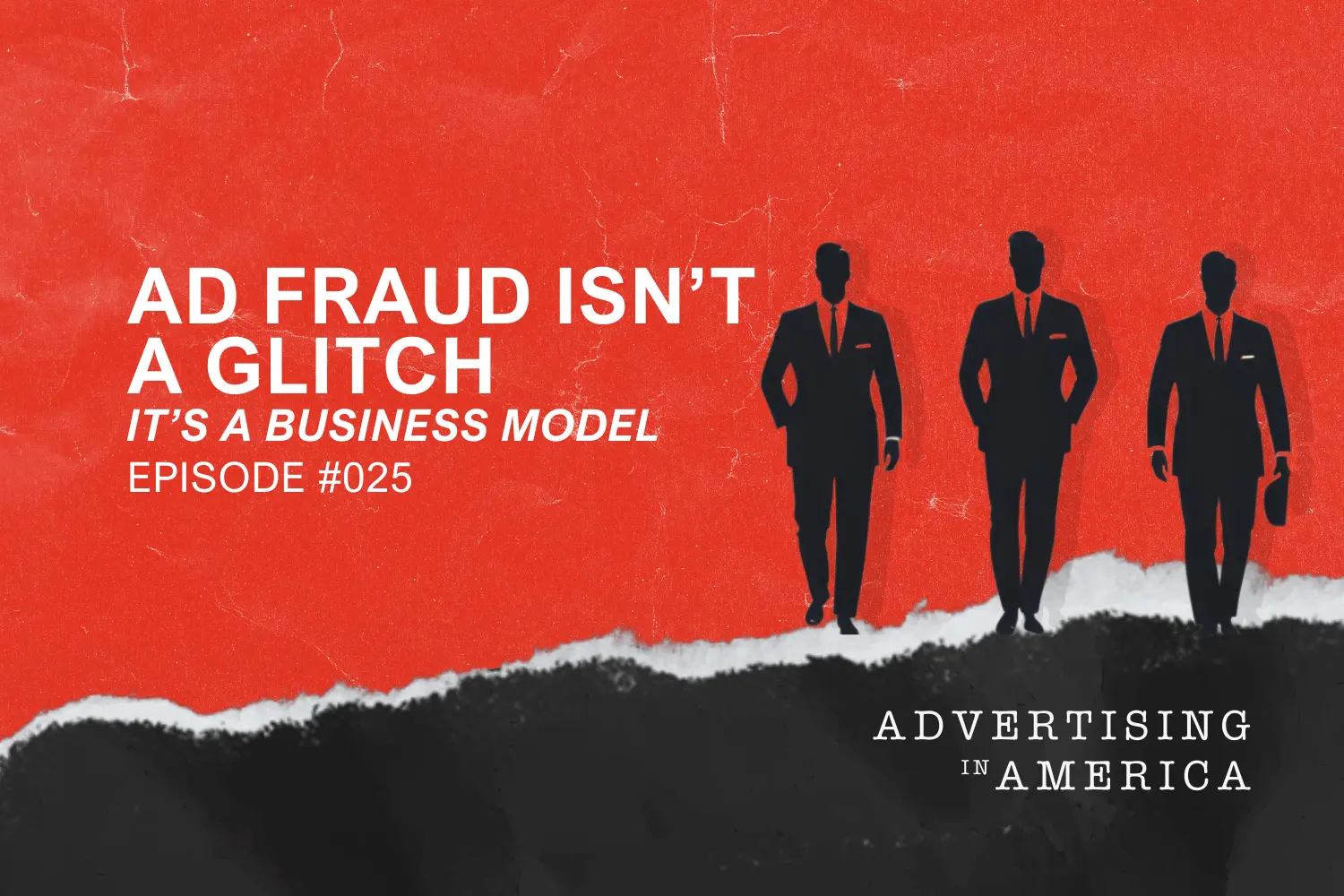
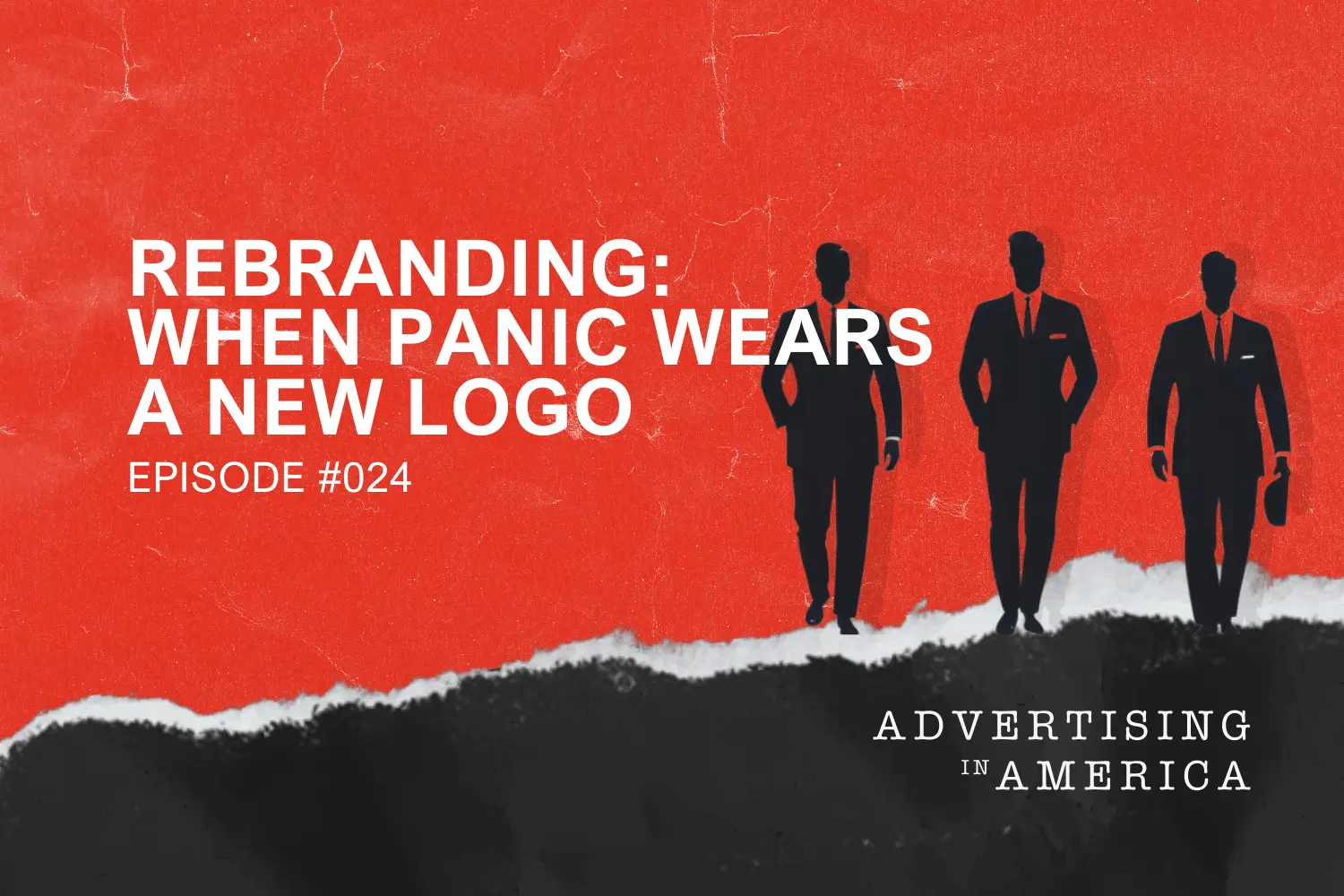
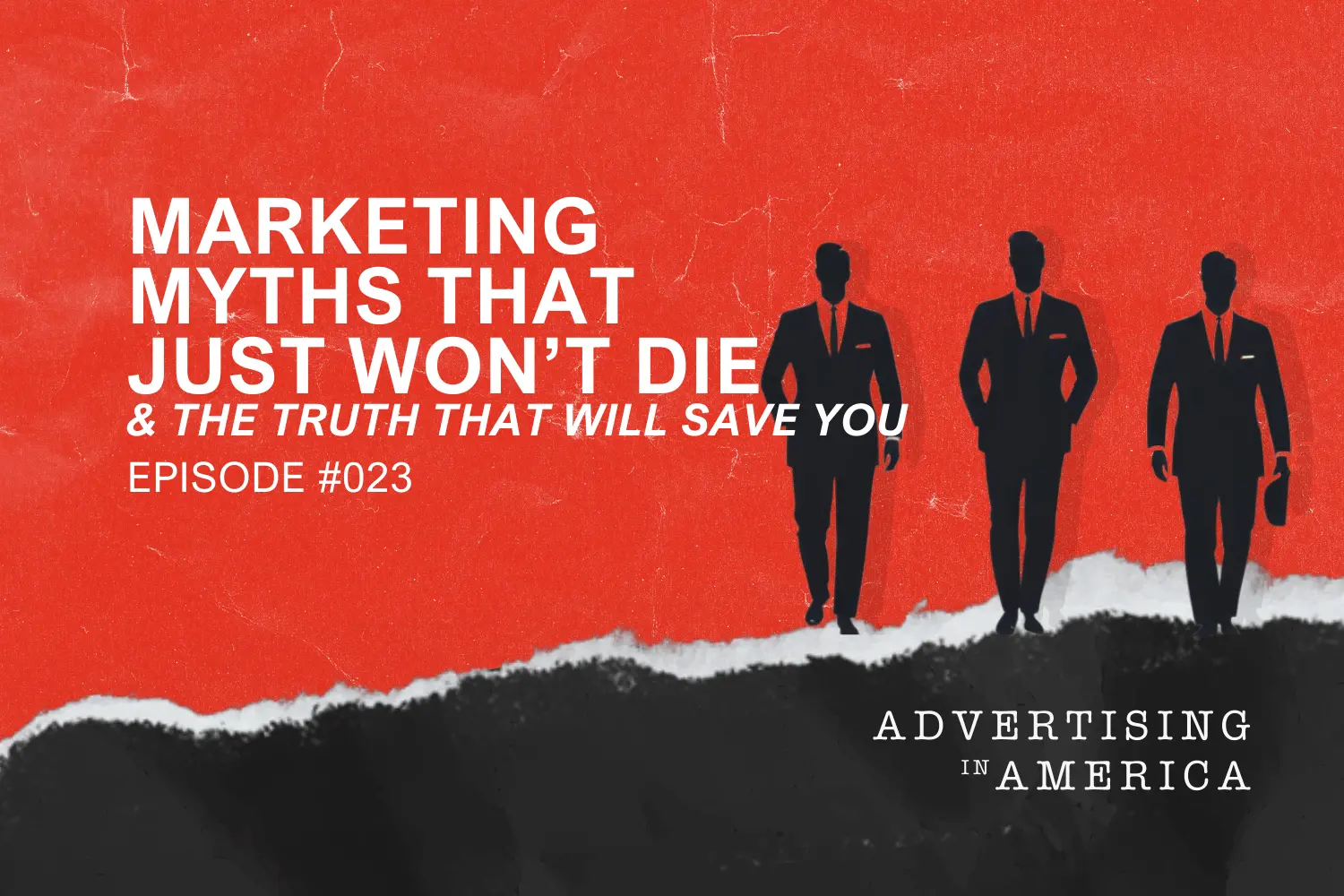

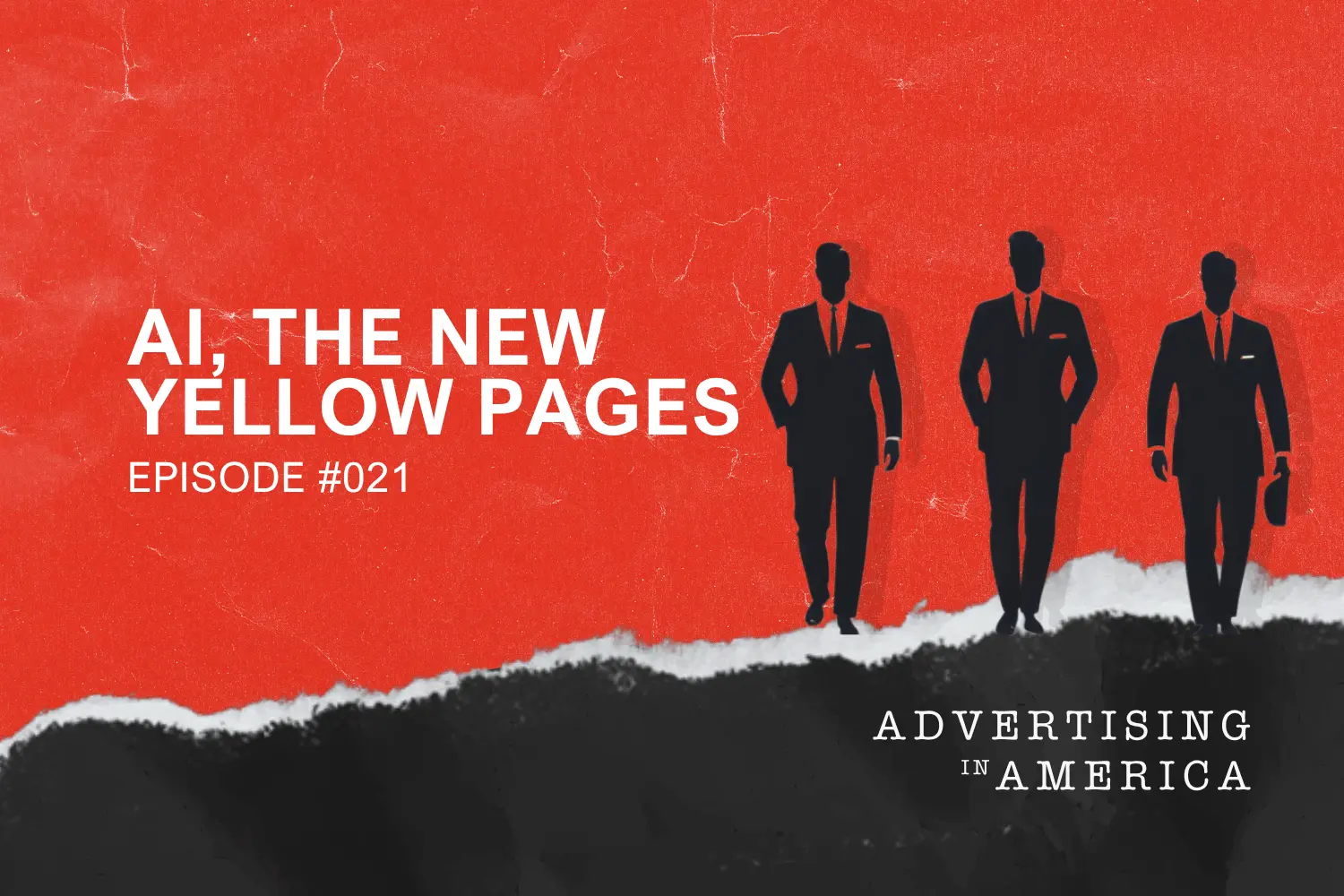

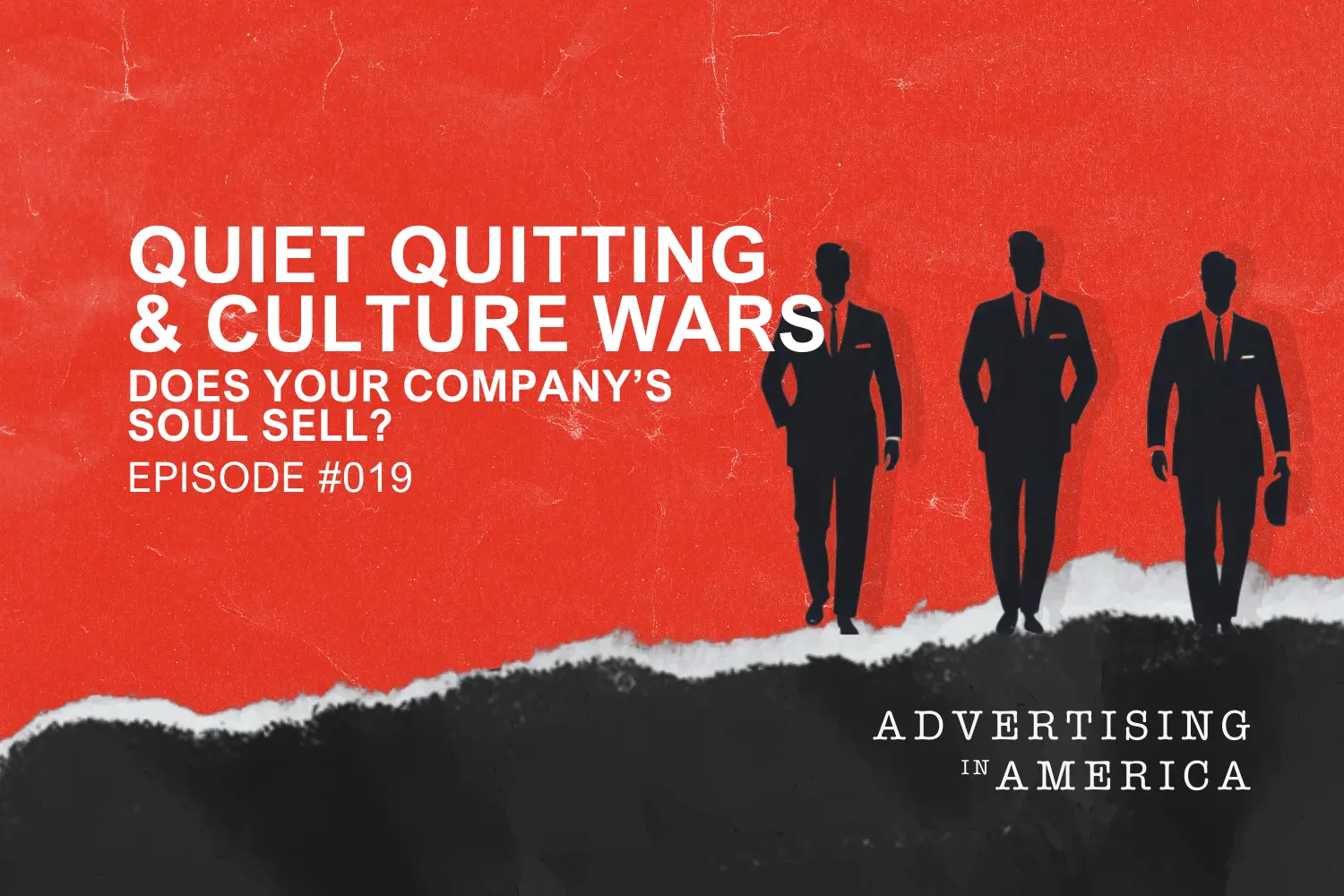
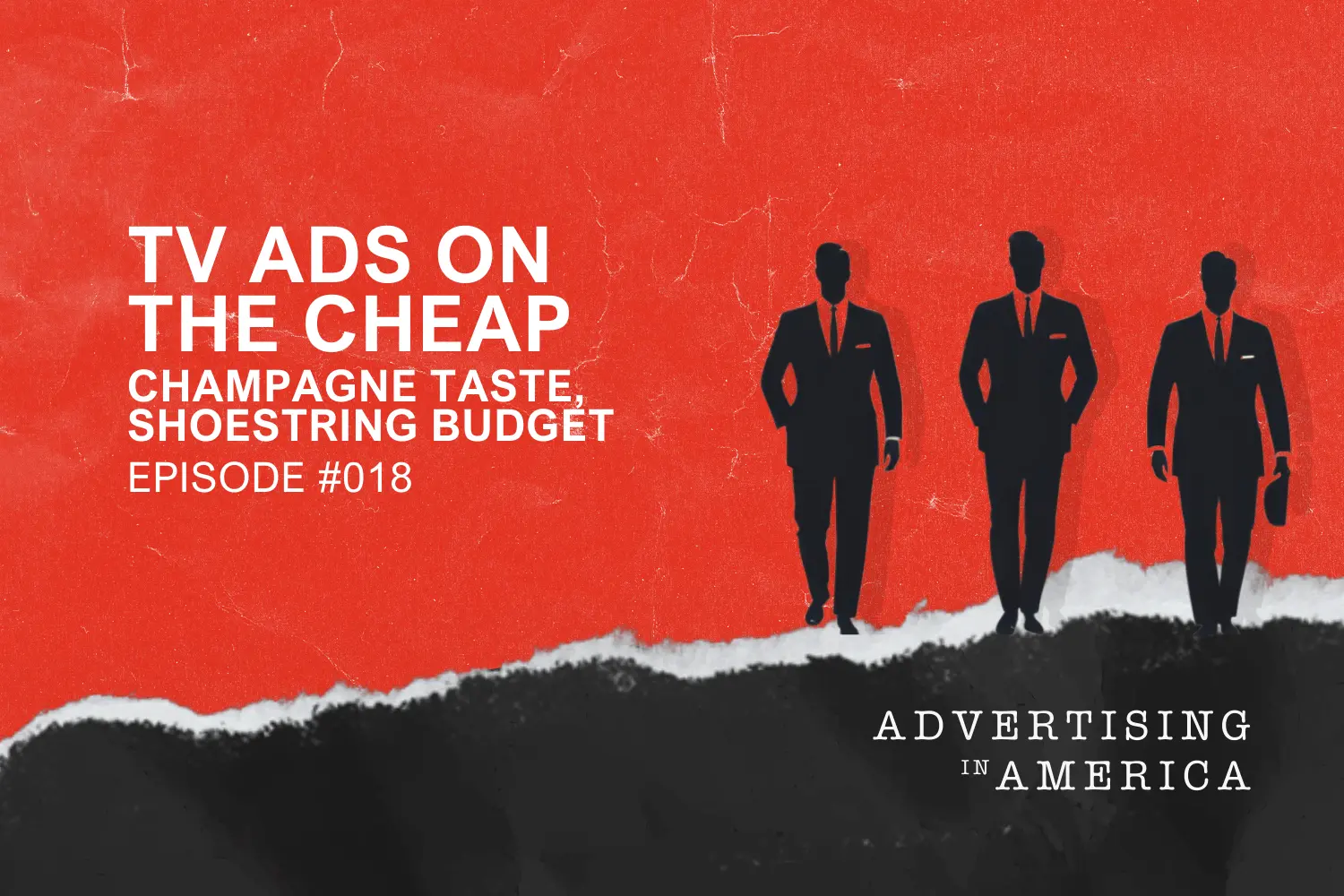
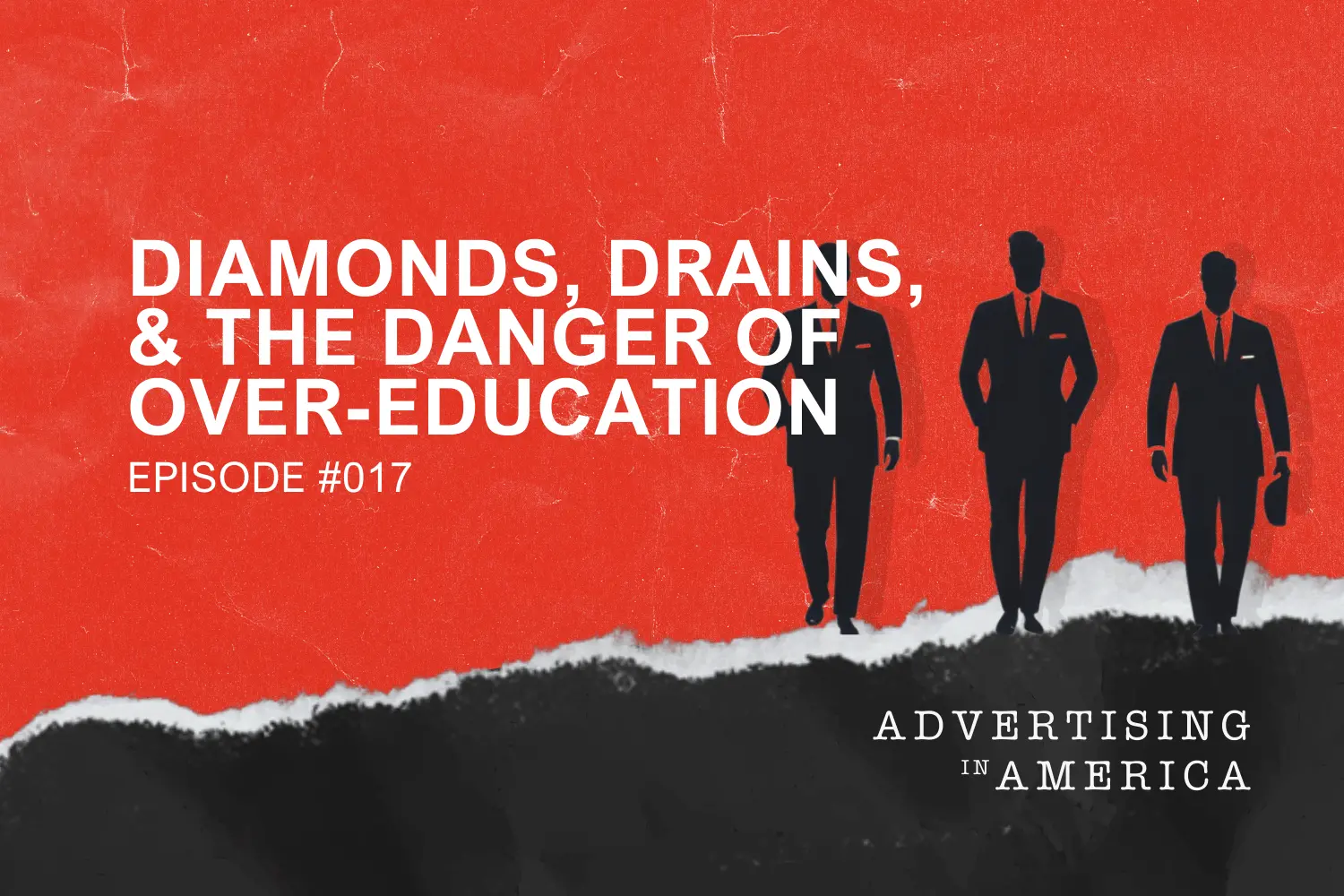
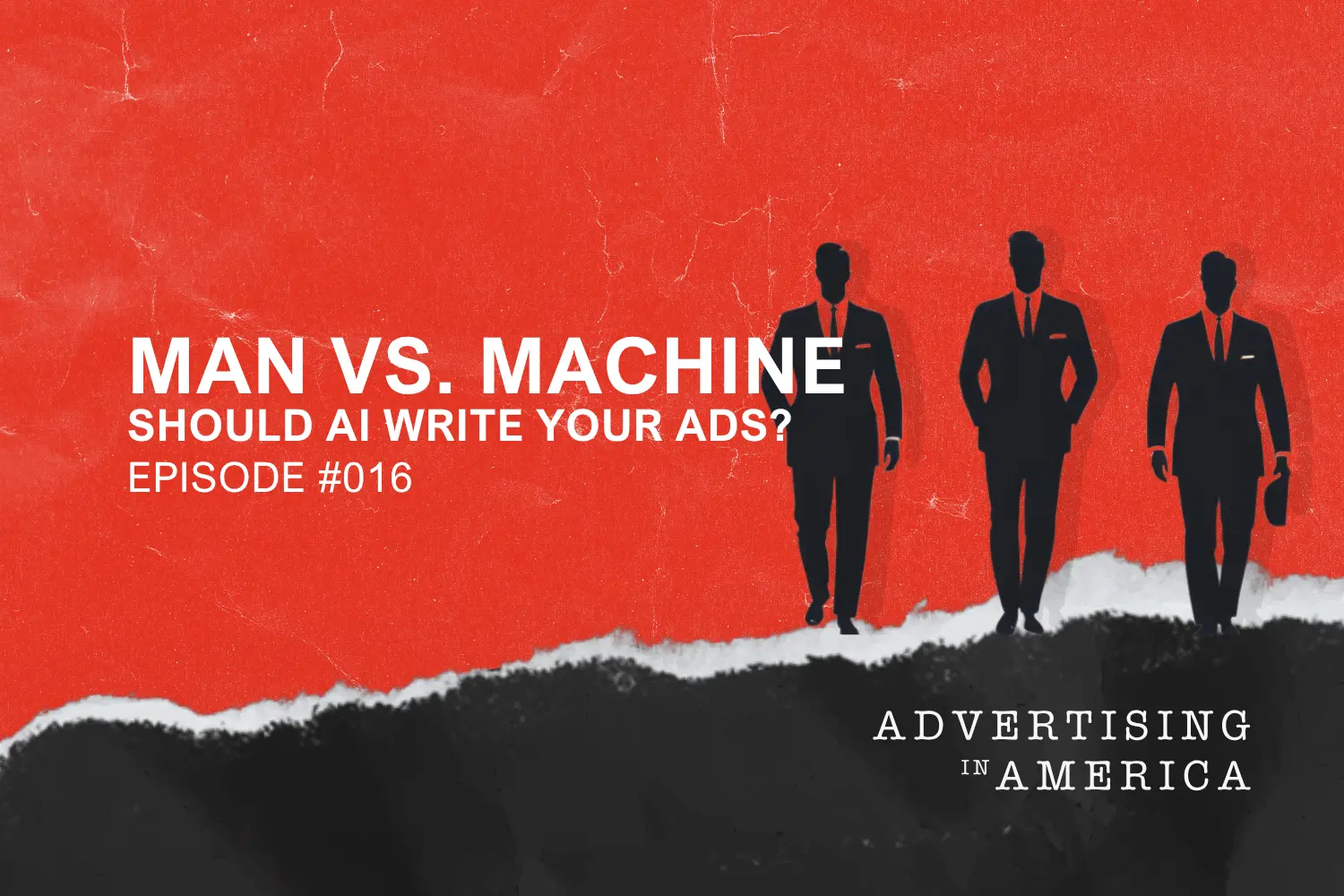










.webp)

.webp)
.webp)

%20(1).webp)
.webp)
.webp)




.webp)


.webp)






.webp)




.webp)
.webp)


.webp)
.webp)







